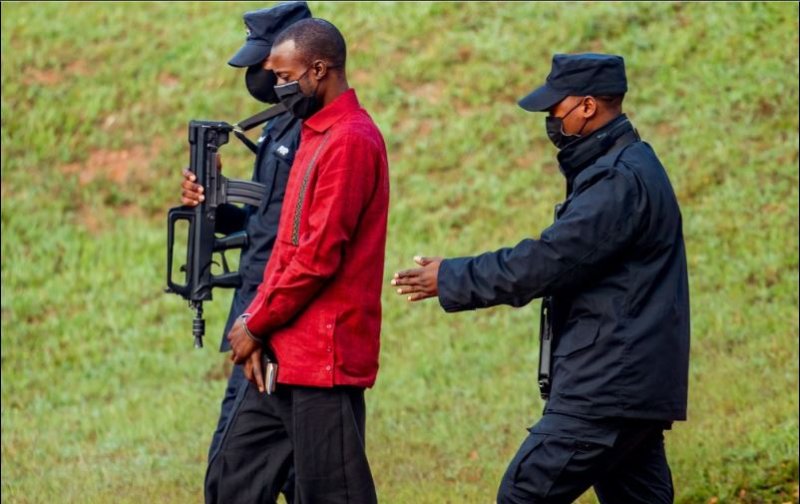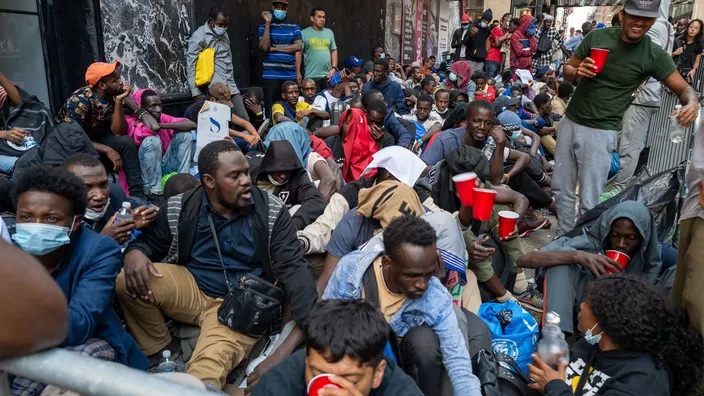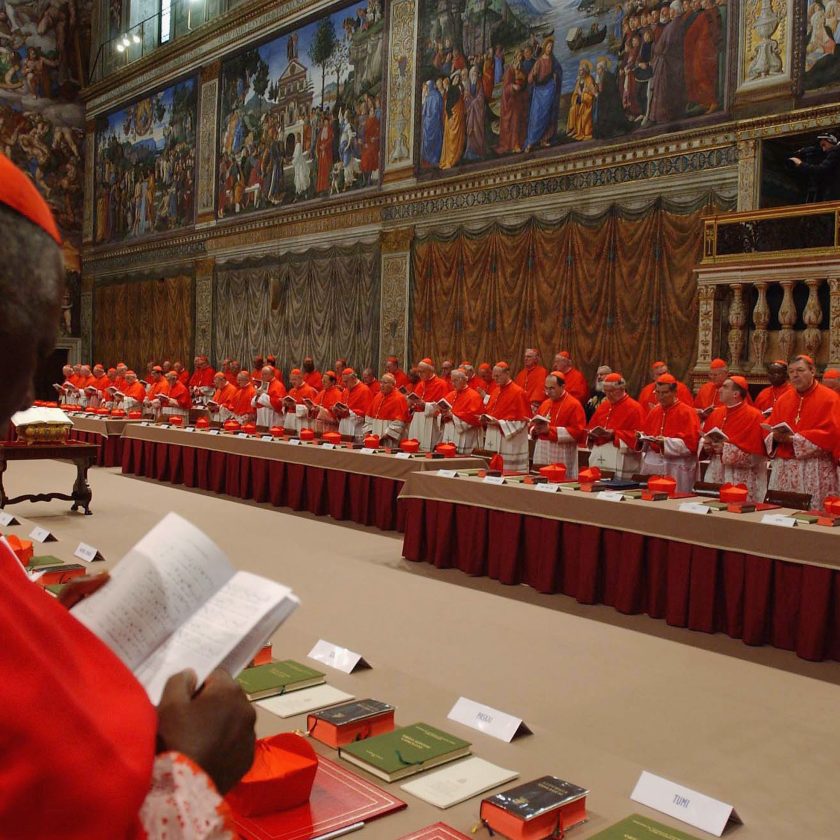The East African Community Regional Force (EACRF) on Thursday, December 21, completed its exit from Goma, capital of DR Congo’s North Kivu Province, citing a mixture of successes and drawbacks during its stay in the unstable country.
The East African Community Regional Force with troops from Kenya, Burundi, Uganda, and South Sudan, begun withdrawing from DR Congo, in early December, just over a year since it was deployed to support peace efforts for the country’s conflict-ridden east. The first group of up to 100 Kenyan troops boarded a plane at Goma Airport in eastern DR Congo, bound for Nairobi on the night of Sunday, December 3.
The announcement of the exit of EACRF’s last elements came as Congolese headed to the polls again on Thursday, in a general election marked by widespread logistical troubles that meant some polling stations never opened. After a chaotic campaign marred by allegations of fraud, electoral violence, and logistical setbacks, the presidential and legislative elections in DR Congo started despite severe disruptions as polling stations experienced lengthy delays on the morning of Wednesday.
Announcing the departure of the last troops comprised of critical units and staff based at the force’s headquarters in Goma, EACRF Commander Maj-Gen Alphaxard Kiugu said the force achieved its set out mandate but regrets that armed groups have returned to areas they previously vacated.
“In spite of the successes, there remains a number of sticking points. Topping this list are the posturing of various armed groups in areas vacated by EACRF, return of M23 in the initially vacated locations, proliferation of armed groups exploiting the existing gaps, inter-armed group clashes, negative propaganda against the Regional Force, the slow progress of the Disarmament, Demobilisation, Community Recovery and Stabilisation Program (P-DDRCS),” Kiugu said during a press briefing at the Force’s headquarters in Goma.
The EAC Regional Force was deployed in eastern DR Congo in November 2022 at a time when the M23 rebels had made large gains, capturing swathes of territory in areas bordering Rwanda and Uganda including Bunagana, Rutshuru, and Rumangabo in North Kivu Province.
Its mandate duration was initially six months, but was subsequently extended to September 8, and later on to December 8, after which the Congolese government made a decision not to renew it any further, a decision that was communicated to the EAC Summit on November 24.
The Regional Force derived its mandate from Chapter 23 of the EAC Treaty and the EAC Protocol on Peace and Security, but it had a hard time in eastern DR Congo, ever since its deployment. Its first force commander Maj Gen Jeff Nyagah resigned, in April, citing threats to his security.
Kinshasa wanted the regional force to fight the M23, which was not part of the latter’s operational mandate.
Eastern DR Congo is home to more than 130 local and foreign armed groups, including Rwanda’s FDLR, a genocidal outfit formed in mid-2000 by remnants of the perpetrators of the 1994 Genocide against the Tutsi.
The FDLR was founded during a May 2000 meeting held in Lubumbashi, the second-largest city in DR Congo, located in the country’s southeasternmost part, along the border with Zambia.
Eastern DR Congo has been volatile for nearly three decades. Multiple interventions, including by the UN’s longest and largest peacekeeping missions, MONUSCO, failed to end the violence. In August, UN Secretary General Antonio Guterres communicated to the Security Council about the planned withdrawal of the MONUSCO.
The United Nations Security Council on December 19 adopted a resolution outlining the gradual withdrawal of MONUSCO from DR Congo.
As part of the resolution, the Security Council extended, for one year, the mandate MONUSCO and set out a comprehensive disengagement plan that includes three distinct and successive phases and the gradual handover of responsibility to the Congolese government.
“The drawdown will start by the end of 2023 amid the election cycle,” read a press release issued by the Security Council.
“The force will be withdrawn from South Kivu by the end of April 2024 and the mandate’s implementation will be limited to provinces from May 2024,” it added, noting that the authorized troop ceiling will be 13,500 military personnel, 660 military observers and staff officers, 591 police personnel and 1,410 personnel of formed police units until June 30, 2024.
SOURCE: Times Reporter





